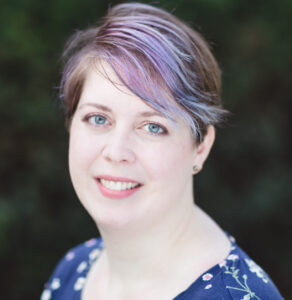Changing Scholarship
Select an item by clicking its checkbox
In one of my teaching documents I claim that good professors motivate, prepare, and support their students to produce good work in their courses. I remain deeply committed to this view. But something has been happening over the past several years that has shaken my faith not only in my ...
In terms of generative AI, I’ve been mostly hanging out in the “don’t feed our inevitable overlords!!” camp, so nobody should be looking to me for tips for ethically and thoughtfully integrating ChatGPT into their teaching this term. But a problem I do have to face head on ...
I am writing this blog post with my 8-year-old daughter’s voice still ringing in my ears: “Yes—it’s difficult, but it’s fun.” As a student, she said it during a violin lesson after wrestling with a new bow technique. Anyone who has practiced an instrument may know ...
In my first blog on this topic I tackled the question of how to create attendance policies that are suitable for the class content and context. But all this focus on the students neglects one more important factor – what about an attendance policy for the instructor? This was not a ...
A former student recently got in touch with me to catch up after a few years of silence. He said I was one of the few people who made him feel truly seen, and that’s what he needed right now. As we chatted, he asked about my Jan term ...




